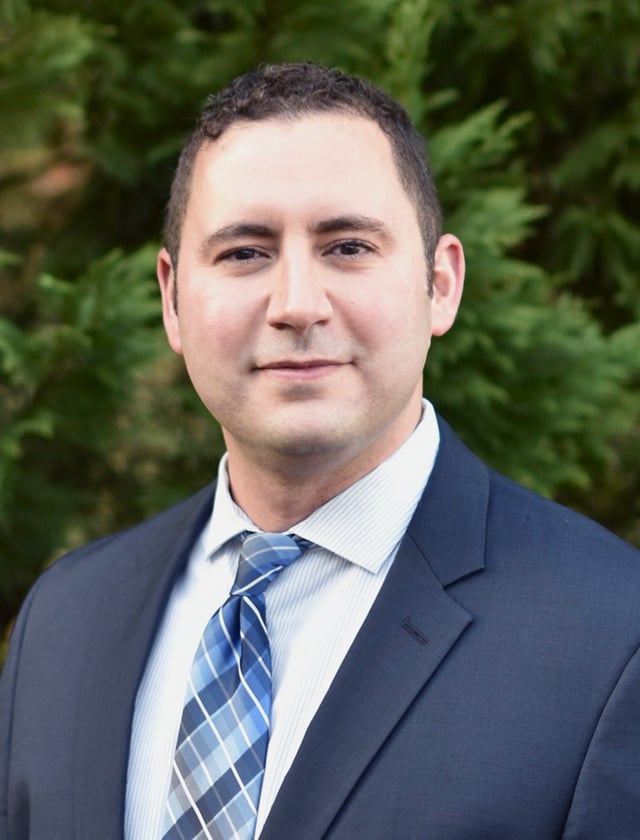A breast biopsy involves removing a small sample of breast tissue to check for cancer or other abnormalities. While the process can be daunting, it is crucial for diagnosing and understanding any unusual changes in your breast. Our team is here to guide you through each step, from explaining the procedure and recovery to interpreting results and planning your next steps. We are dedicated to providing you with comprehensive support and clear information to help manage your breast health effectively.
Breast Biopsy

Understanding Breast Biopsy
During a breast biopsy, a small sample of breast tissue is removed so it can be examined under a microscope. This is done to check for cancer or other abnormalities in the breast. Getting a biopsy can be stressful, but it is an important way to investigate any unusual changes in your breast tissue that may indicate a risk of breast cancer.
Do I Need a Breast Biopsy?
You should consider getting a breast biopsy if you feel a lump or area of thickness in your breast. Additionally, symptoms like nipple discharge or retraction, skin changes over the breast, or an abnormal ultrasound result may warrant a biopsy. Your biopsy result will tell your physician whether the abnormal change is benign (non-cancerous) or malignant (cancerous). Early diagnosis through a breast biopsy allows for early treatment if cancer is found.
Types of Breast Biopsies
Fine Needle Aspiration (FNA)
A thin needle and syringe are used to extract a small amount of fluid and cells from a breast lump. The sample is then sent to a lab where it is prepared into slides and examined under a microscope to check for cancer. This is the least invasive type of biopsy but provides the least tissue sample.
Core Needle Biopsy
A larger hollow needle is used to extract multiple small cylinders of breast tissue about the size of a grain of rice. A local anesthetic is generally used. This type of biopsy can provide more definitive information than FNA while still being a minimally invasive procedure.
Vacuum-Assisted Biopsy
Through a small cut in the skin, a vacuum-powered instrument is used to collect multiple breast tissue samples through a hollow probe inserted into the suspicious area. This biopsy collects the most tissue to be examined. Local anesthesia is used to numb the breast tissue.
Surgical Biopsy
During a surgical procedure in an operating room under general or local anesthesia, a surgeon removes the entire suspicious breast lump and surrounding tissue. This provides the most complete sample for diagnosis. Types of surgical biopsies include a lumpectomy, incisional biopsy, or excisional biopsy, depending on how much tissue is removed.
What To Expect
Before Your Surgery
Before the breast biopsy, your physician will explain the details of the procedure and what type of biopsy you will be having: fine needle, core needle, vacuum-assisted, or surgical. You will discuss your medical history and medications with your surgeon, noting any drug allergies or bleeding risks. Your breast area and possibly surrounding tissues may be numbed with a local anesthetic, and you may be offered medication to help you relax during the procedure. The breast skin over the biopsy site will be cleaned and prepped for the procedure. The radiologist or surgeon will then use imaging guidance to precisely locate the abnormal breast area to be biopsied.
During The Procedure
During the actual breast biopsy, the number and size of the samples depend on the biopsy technique. The amount of tissue removed ranges from extracting cells with a needle up to removing a lump and surrounding breast tissue surgically. You will need to be able to lie still in one position during the procedure, which could take up to an hour. Any discomfort felt is usually from the local anesthetic needle and pressure or tugging as tissue is removed. Following the removal of tissue samples, a marker may be placed at the biopsy site for post-procedure monitoring, and stitches or tape are used to close the opening(s).
After The Procedure
After the biopsy, your healing will be monitored for anywhere from a few days up to 2-3 weeks, depending on if follow-up procedures are needed to get final pathology results. Initially, keep the biopsy site wrapped and change bandages as directed. Bruising, swelling, and soreness are common and resolve with time. Avoid strenuous exercise and submerging the biopsy site underwater until it is fully healed. Take any pain medication as needed per your physician’s instructions. Call your physician for signs of infection like worsening pain, redness, bleeding, or pus.
Recovery
The recovery time after a breast biopsy depends on the type of biopsy done and can take anywhere from a few days to a couple of weeks. Expect some mild discomfort, bruising, swelling, and possibly drainage at the incision site as you heal. This is normal. Keep the area clean and wear a supportive bra that does not rub on the biopsy site. Your physician may suggest using ice packs for 10 minutes a few times a day to help with swelling and discomfort. Take any prescribed pain medication as needed per directions. Restrict exercise and strenuous activity for at least 5-7 days.
Our physicians will be available to answer any questions or concerns that come up during the healing process. Make sure to follow through with all advised follow-up appointments to review biopsy results and any needed additional testing or treatment. With proper care of the biopsy site, the recovery process should be fairly simple.
Results
Positive Biopsy Results
If abnormal cells were found in the breast biopsy sample, it confirms breast cancer is present. Your physician will discuss the type of abnormal cells (ductal carcinoma, lobular carcinoma, etc.) and characteristics of the cell abnormalities with you to determine the recommended course of cancer treatment. Your care team will explain surgical options, potential chemotherapy, radiation, or hormone therapy based on the stage of the cancer identified in the biopsy.
Negative Biopsy Results
A "negative" or benign (non-cancerous) result is good news! It means the pathologist examined the cells from the biopsied tissue under the microscope and did not find cancer. The biopsy allowed what appeared like a worrisome change in the breast to be evaluated and ruled out from being malignant. However, you will still need to find out what might have caused symptoms such as a breast lump, thickening, or calcifications that led to needing the biopsy originally. There are many benign breast conditions like cysts, fibrosis, infection, or trauma that your physician will now try to identify the cause of. Follow-up imaging tests, changing hormones, or possible repeat biopsy may be recommended for full resolution of symptoms.
Next Steps
Getting your breast biopsy results can be stressful regardless of whether cancer is found or not. If cancer is detected, more tests will be ordered right away to pinpoint the details of the cancer. This helps your care team design your personal treatment plan. You can expect to have more imaging tests, meet with a team of physicians like oncologists and surgeons, and undergo cancer-removal surgery and begin treatments like radiation, chemo, or hormone therapy. Each step focuses on destroying remaining cancer cells and lowering the risk of the cancer returning.
If your biopsy is negative, meaning no cancer was found, you still need continued monitoring. Future mammograms at regular intervals are important to make sure no problems are missed. Benign breast lumps, hormone changes, and a strong family history also impact how closely you will be monitored. Stay engaged with your physicians no matter what your biopsy concludes. Speak up about breast changes and follow their advice about screening schedules.
Regardless of your biopsy results, our team will work with you to ensure you have all the resources and information you need to prepare you for this journey.
Contact Us Today
Our Doctors
The surgeons at The Breast Center of New Jersey, a division of The Institute, are leaders in treating breast cancer. Our world-renowned and nationally recognized surgical team is experienced with advanced breast cancer biopsy procedures, making breast cancer prevention, screening, treatment, and recovery as streamlined and straightforward as possible.
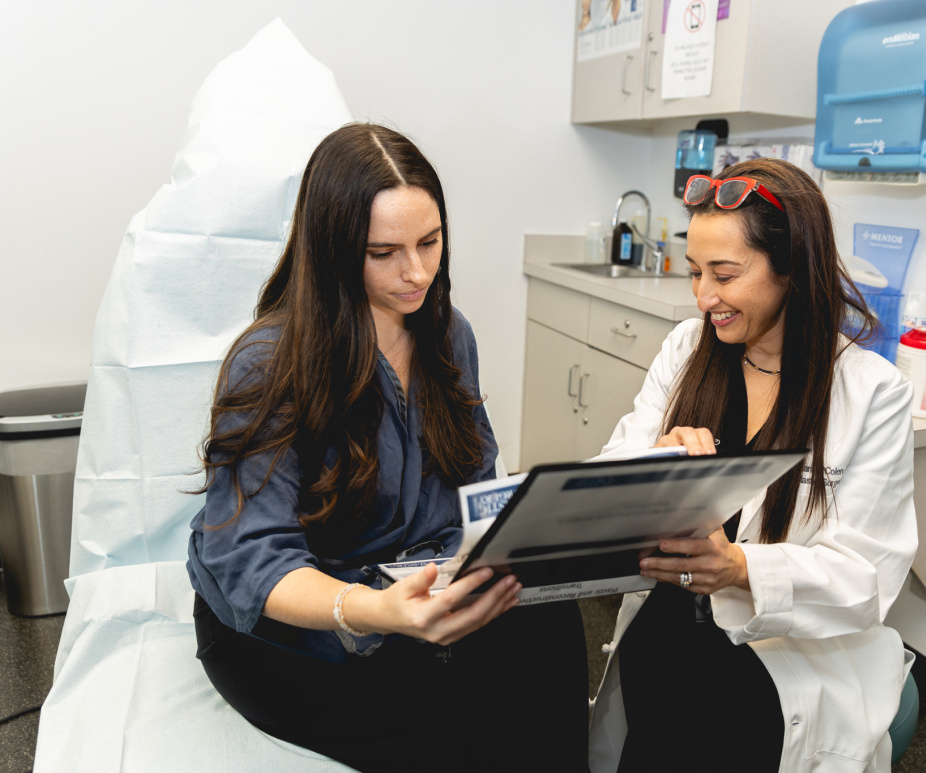
Find a Breast Cancer Surgeon in New Jersey
Getting a breast biopsy can be an emotionally taxing experience. The compassionate team at Breast Center of New Jersey, a division of The Institute, is here to support, guide, and comfort you each step of the way with care and expertise. We encourage you to schedule your breast biopsy at our specialized center, where we strive to make this process as smooth and anxiety-free as possible while pursuing answers about your breast health.

%201.svg)
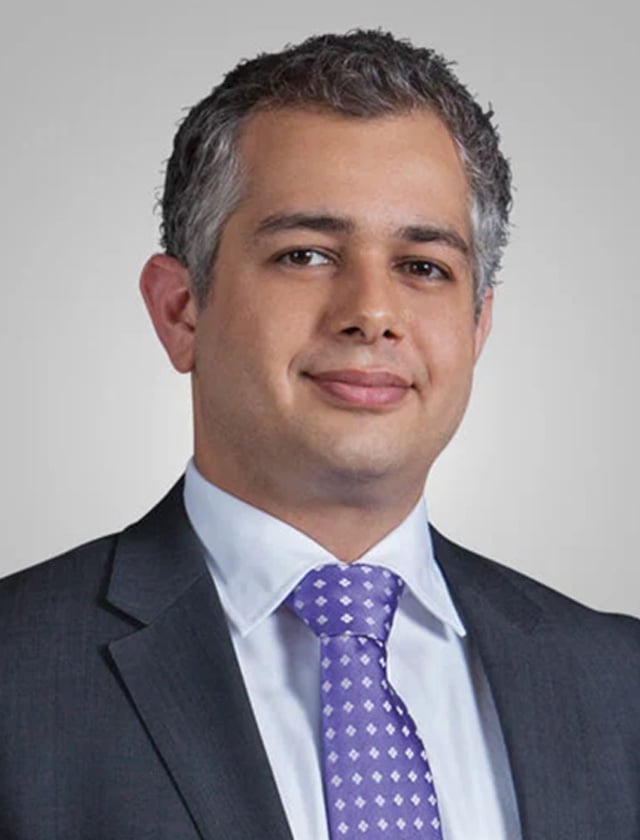

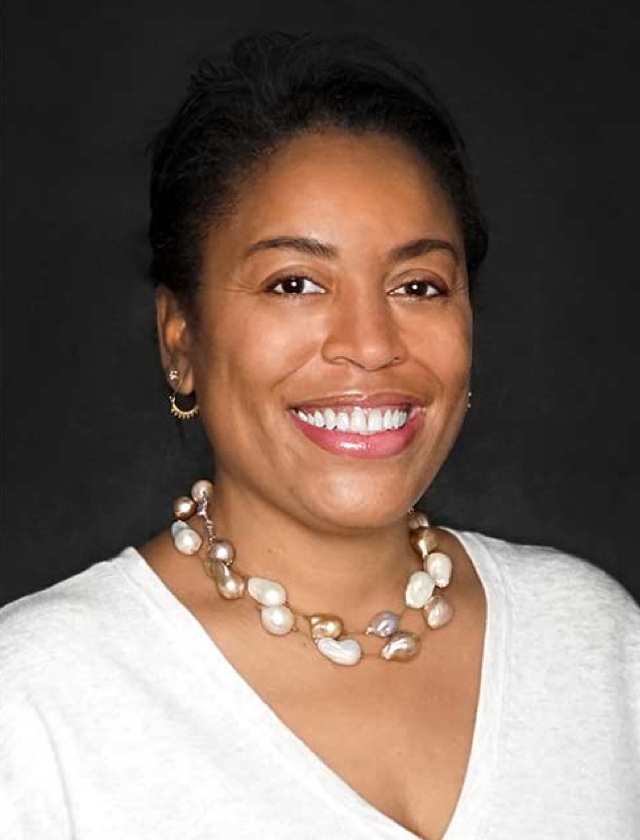



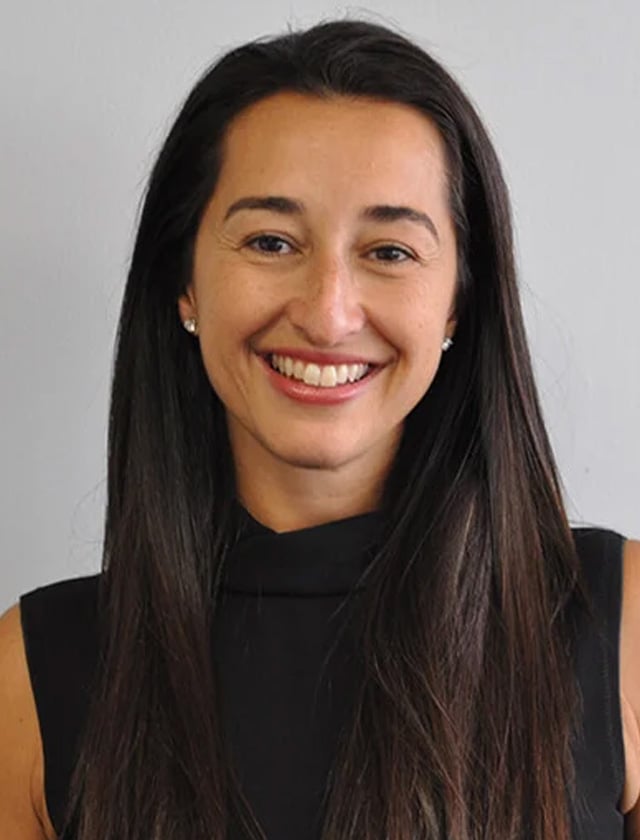
-min.png)
.webp)
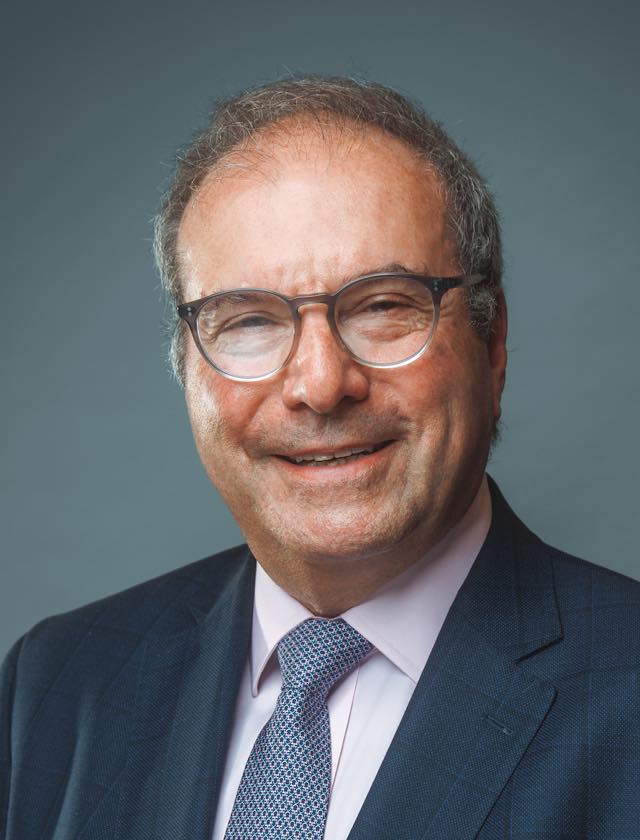

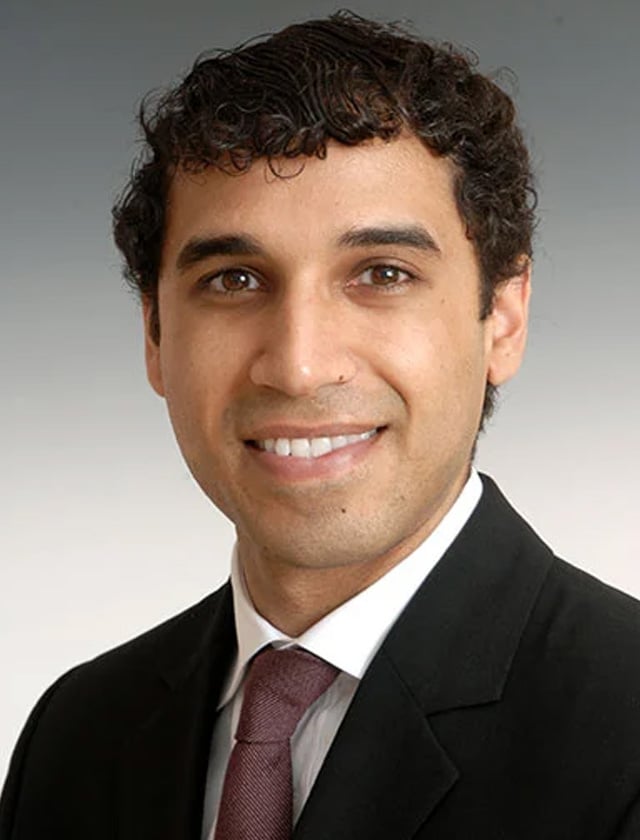


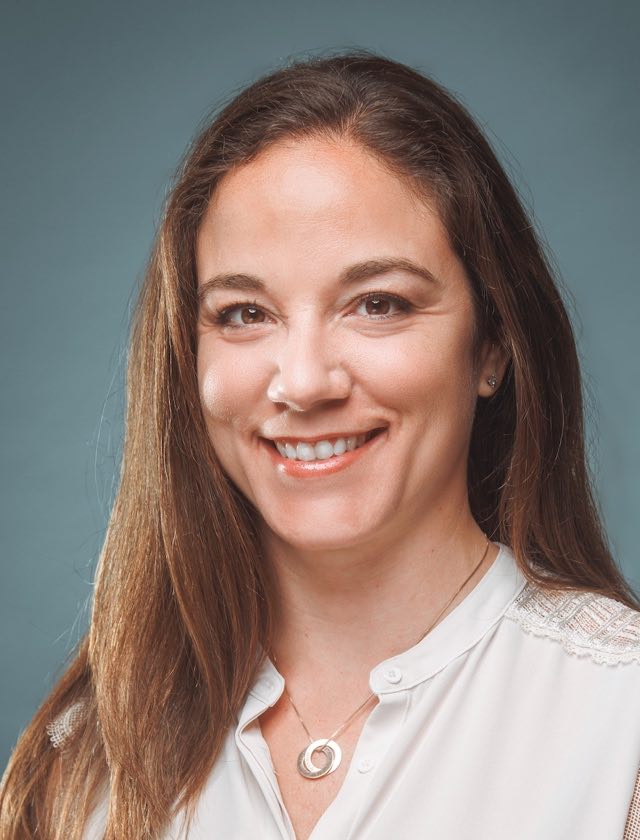
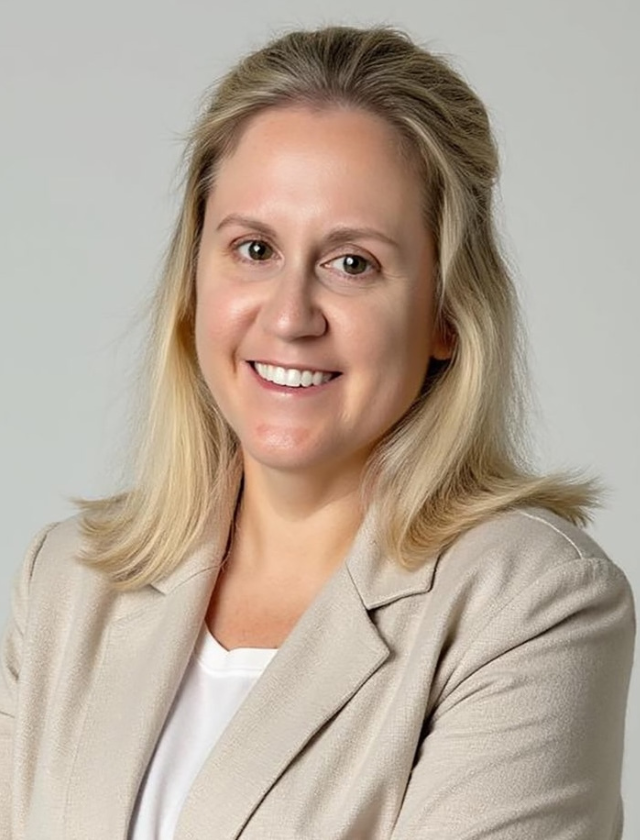



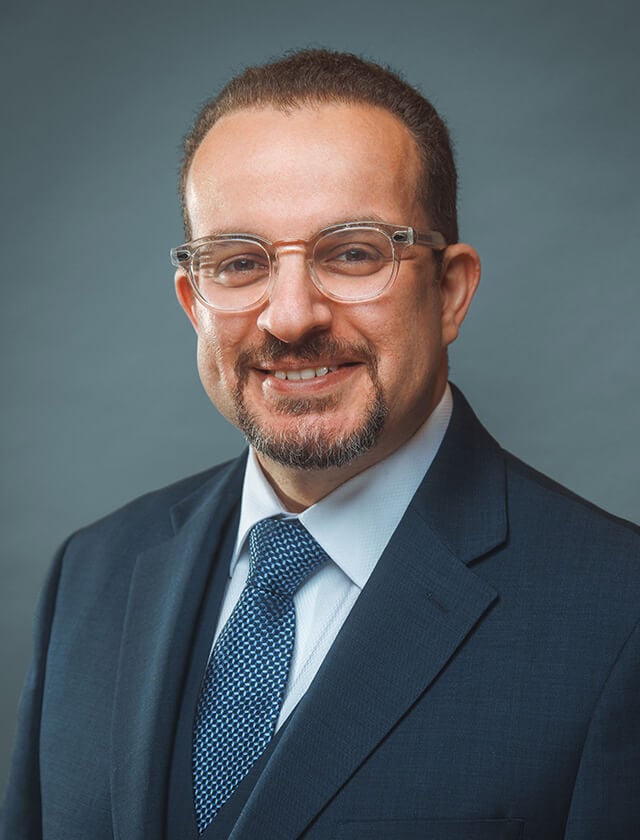
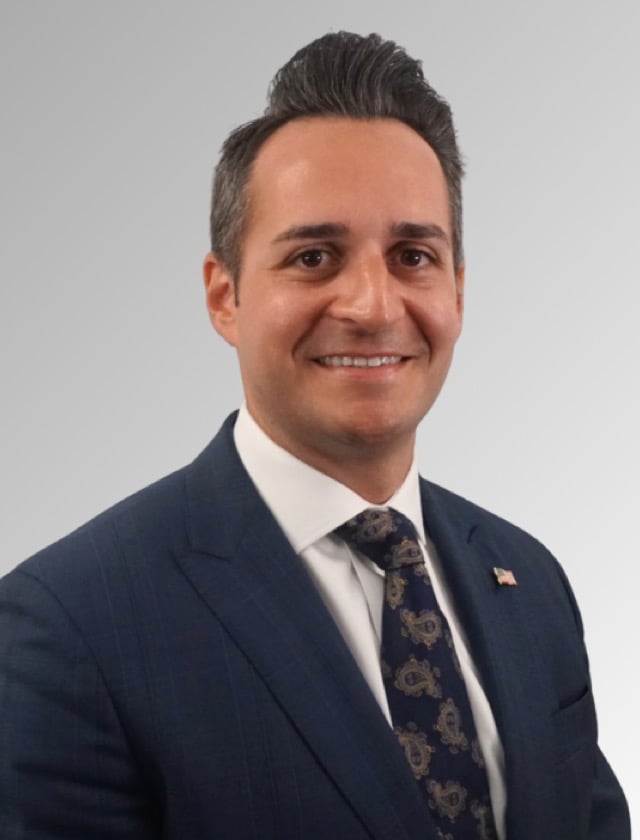









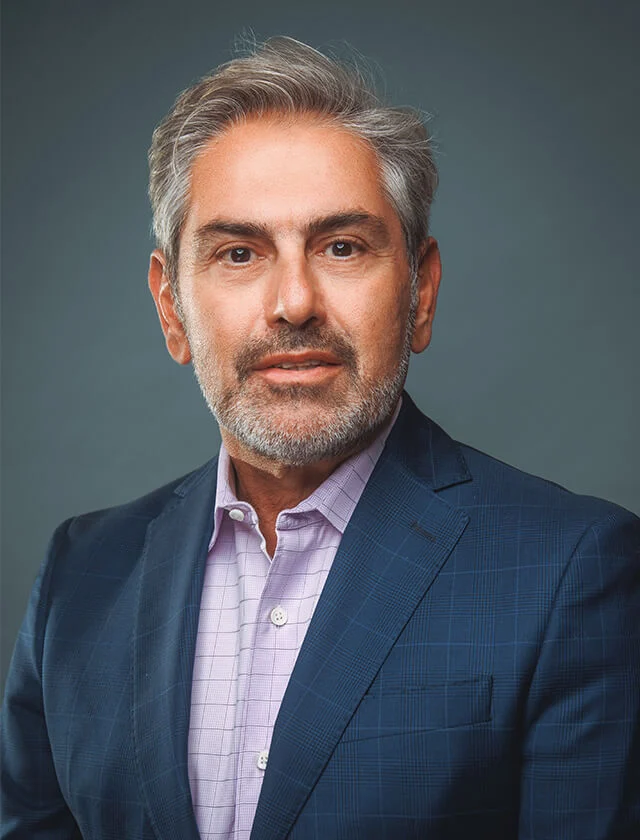

-1.jpeg)
